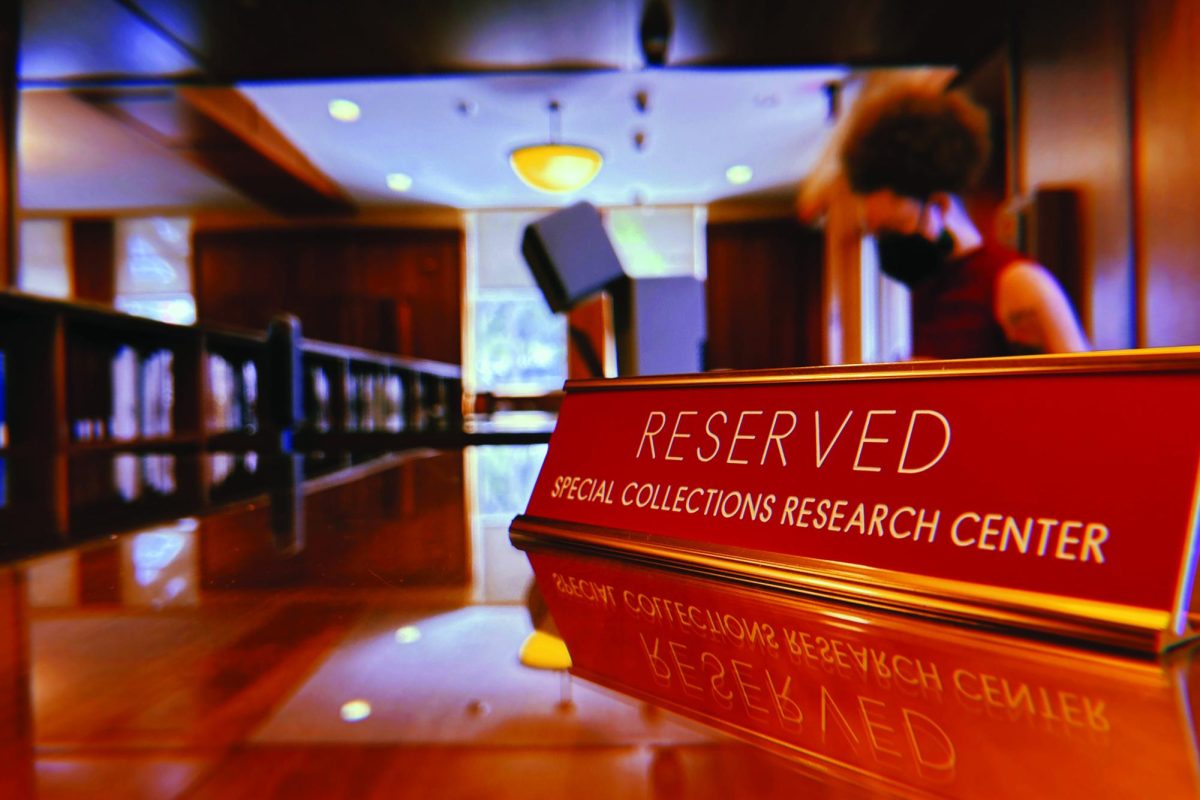The Facts: As of Jan. 1, North Carolinians could no longer smoke in public restaurants, bars and most other establishments. The General Assembly banned smoking in a state that produces more tobacco than any other.
Our Opinion: The General Assembly was forced to weigh the civil liberties of smokers and non-smokers. The verdict might not be fair, but is simply a reflection of the public-health danger of second-hand smoke.
North Carolina produces more tobacco each year than any state in the union. In fact, it produces more than 38 percent of the nation’s tobacco, according to a report by the U.S. Census of Agriculture.
Perhaps its role as a major cash crop for the state and the thousands of people the tobacco industry employs in North Carolina are why so many people have cried out in outrage following the General Assembly’s ban on smoking in public establishments.
The ban, which covers most public restaurants and bars, has caught the ire of many North Carolinians after it went into effect at the first of the year.
Essentially, the folks up at the Capitol had to weigh the civil liberties of smokers against non-smokers.
Under almost all circumstances, legislators are obligated to protect minority groups and their enumerated liberties. They are expected to facilitate business and steer clear of meddling.
This is the constitutional-based argument many business owners and smokers have used to argue against the ban. The trouble for smokers — though they are a sizeable minority — is that smoking has been viewed as a public health issue since the 1990s.
Smoking is certainly a personal decision, but the courts and congresses — on a state and national level — have taken the issue out of the civil liberties realm and turned it into a public health issue.
Majority rule is suspect when addressing citizens’ liberties, but in this case the proven health dangers of second-hand smoke outweigh the rights of smokers.
This isn’t to say it’s equitable or in keeping with American civic values, but the Government is acknowledging that non-smokers have a right to visit restaurants and bars without being inundated by smoke.
The newly enacted ban changes the atmosphere at many bars and establishments — case in point, Cup of Joe — and even threatens to negatively impact business in other commercial sectors.
The public health cause is a powerful one, though. It may impinge on some citizens’ rights, but it makes a compelling argument against smoking.
The new ban may not be fair, but it should say something when North Carolina, the largest tobacco producing state in the country and the home of R.J. Reynolds, bans smoking.



